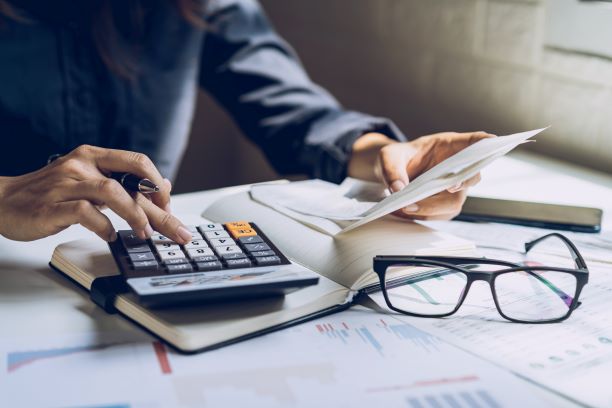There’s an old adage which suggests that death and taxes are the only two certainties in life, and there’s no doubt that the latter remain a key bone
There’s an old adage which suggests that death and taxes are the only two certainties in life, and there’s no doubt that the latter remain a key bone of social and political contention in the UK.
More specifically, there remain perennial concerns about the taxation infrastructure on these shores, with large corporations such as Amazon given significant breaks while regular households are required to pay out a disproportionate amount of their income on various levies.
In this post, we’ll look at the tax burden facing retired households in the UK, while asking how these entities can take steps to secure their own tax breaks in the future.
How Much Tax do Retired Households Play?
According to a recent study by Key, which remains a key provider for equity release and other financing options for retirement, retired households currently lose a worrying 14% of their income each year to taxes.
Income tax and council tax combine to comprise 13.9% of the average retired household’s annual levy, from a median pre-tax income of £31,674.
This equates to a combined tax payment of around £45.278 billion from retired households to the Treasury, with this indicative of a disproportionate payment that may impact negatively on an individual’s retirement plans.
What’s more, government data shows that benefits contribute approximately two-fifths (nearly 13,000 a year) of the average retired household’s pre-tax income, with the dwindling state pension dominating this contribution.
These hefty tax payments should also be considered alongside a nominal decline in the average disposable income for retired people in the UK, which fell by 12% in the year ending 2020.
This can be traced directly to a decline in the value of private pension contributions, which fell from £14,756 on average in 2019 to £12,102 at the end of the last year.
How to Cope With the Costs of Retirement
These figures may be worrying for those approaching retirement, but there are steps that can be taken to manage such costs and optimise the value of your savings.
The most obvious is to account for factors such as income and council tax even after you retire, as you’ll continue to face these levies even though National Insurance contributions cease once you stop working.
Secondly, you should also seek out tax-efficient savings vehicles and investment accounts in which to accumulate wealth. ISAs (also referred to as NISAs) offer a prime example, as they can be used to save cash or invest in stocks and shares without being exposed to income tax on the accumulated interest or dividends.
We’d also recommend that you continually monitor your status to receive the full state pension, while making note of when you’ll be eligible to receive payments.
This fund will be integral to meeting the everyday needs of your retirement, so you need to be proactive and develop an understanding of your precise circumstances.



















































































































COMMENTS